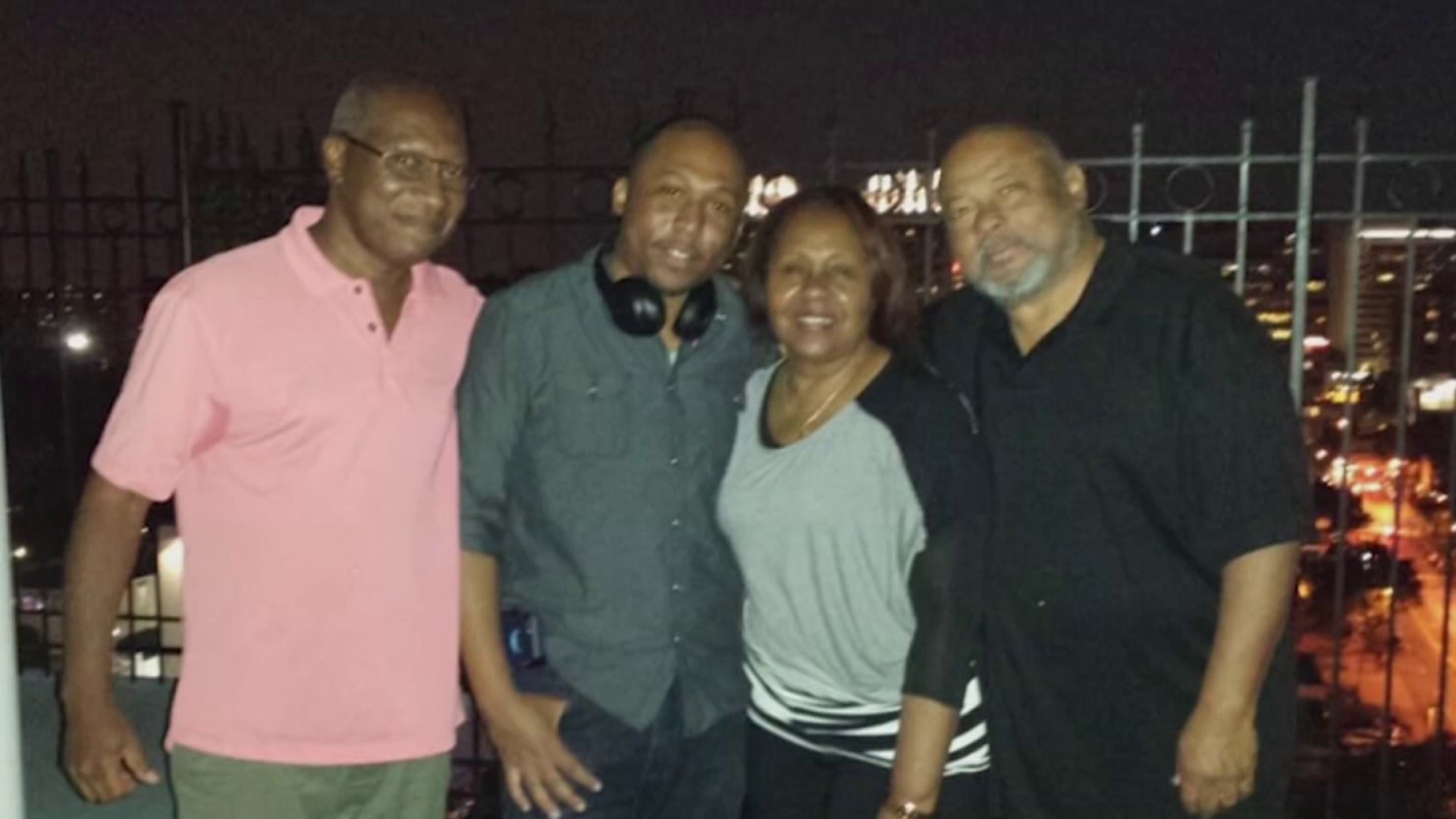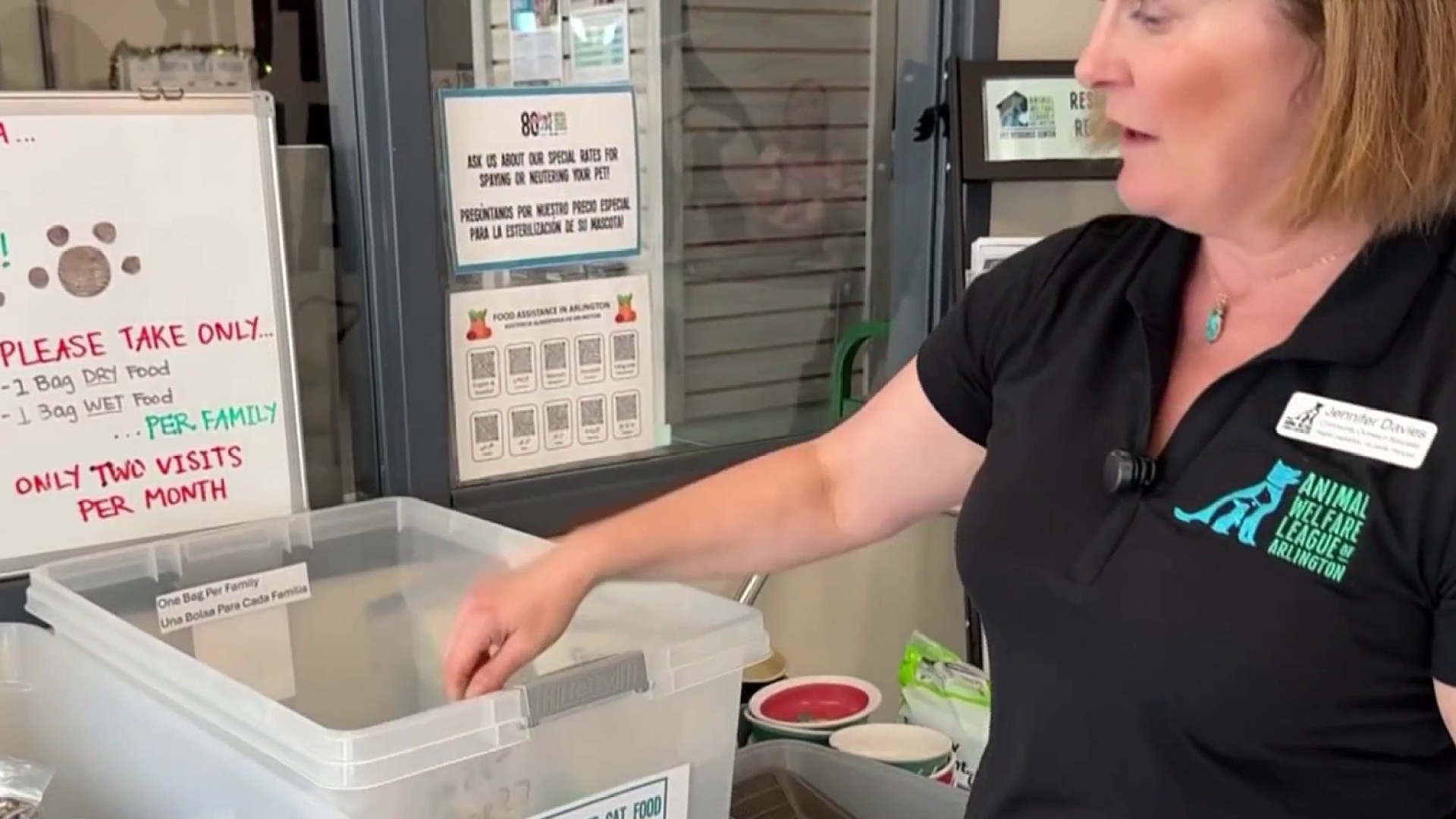The Washington area is a microcosm of the nation’s attitudes on immigration. In January, Virginia’s legislature will consider a wide array of immigration proposals, including legislation mirroring Arizona’s controversial law that requires police to check the immigration status of an individual in any case of reasonable suspicion -- which critics say will result in racial profiling.
And Frederick County Sheriff Chuck Jenkins was recently named one of the nation’s “toughest” enforcers of immigration law in a Fox News survey of immigration policy experts.
On the other end of the spectrum, Arlington County, where one in four residents was born outside the U.S., was thwarted in a recent effort to withdraw from the Immigration and Customs Enforcement's "Secure Communities" program, in which fingerprints of arrestees are added to criminal and immigration databases for the purposes of identifying and deporting "criminal aliens."
Also, during an October debate, Maryland Gov. Martin O’Malley repeatedly referred to those in the U.S. illegally as "new Americans," leading rival Bob Ehrlich to ask, "If someone breaks into my house, is that a new member of my family?"
O’Malley’s phrase was a capitulation in a war of euphemisms. In recent years, immigrant rights advocates have managed to convince many that the term "illegal immigrants" is a slur, with such slogans as "no human being is illegal." Of course, no one is saying that the existence of these individuals is illegal -- merely their status as migrants to the United States. The preferred term became "undocumented" Americans.
If illegal immigrants are "undocumented," shoplifters are merely "unreceipted." No matter how you phrase it, a law has been violated.
I am deeply sympathetic toward anyone who wants to become an American. My own family came here from Scotland, Ireland and Italy, with only a distant Choctaw relation a true "native." We live in a nation run by people with names like Obama, O’Malley, Mikulski -- and Ehrlich. All of these families started out across the Atlantic.
Local
Washington, D.C., Maryland and Virginia local news, events and information
Those who come here illegally are often embarking on an act of desperation. They often leave behind their families in order to make the arduous journey into the U.S., a journey that is fatal for some. They may be carted across the border in a poorly ventilated truck, or scramble through a desert where water is scarce. Once here, they take the least desirable jobs at the lowest pay, and must constantly fear detection.
But it’s still illegal.
The sad truth is that the United States cannot embrace everyone who wants to come. It is just not economically feasible, no matter how sincere the desire of those who want to come, nor the direness of their circumstances back home.
It would also be unfair to "create a pathway to citizenship" for them, as O’Malley has called for. That would allow the 13 million people who entered this country in violation of U.S. law to get ahead of the millions of others seeking to immigrate through legal means.
While the government of Mexico likes to kvetch about U.S. deportation policy, Mexico has much harsher immigration rules than the U.S., and a history of corruption and abuse toward those sneaking into Mexico across its own southern border. We are much more open, and more fair, than many of our critics.
A policy that allows many to come to the United States through proper channels -- but that tells those who enter illegally that they may be sent back home -- is entirely reasonable. Those who don’t like it might cry racism.
That’s why O’Malley, the descendant of legal immigrants, calls illegal immigrants "new Americans." The number of Latinos in the U.S. has swelled, and now forms a substantial voting bloc. To vote, of course, these Latinos must be citizens, and therefore in the U.S. legally. But those political activists who stand to gain from riling them up point to what they call the inhumane treatment of those who came illegally. And politicians like O’Malley want to win their support.
Many of those illegally entering the U.S. are Latino, though certainly not all. That makes it easy to pretend there is a racial element. And it’s true that Customs and Border Protection is more assertive along the Mexican border than on the Canadian one.
But there’s nothing racist about enforcing what is already a very liberal immigration standard.
Follow P.J. Orvetti on Twitter at @PJOinDC



